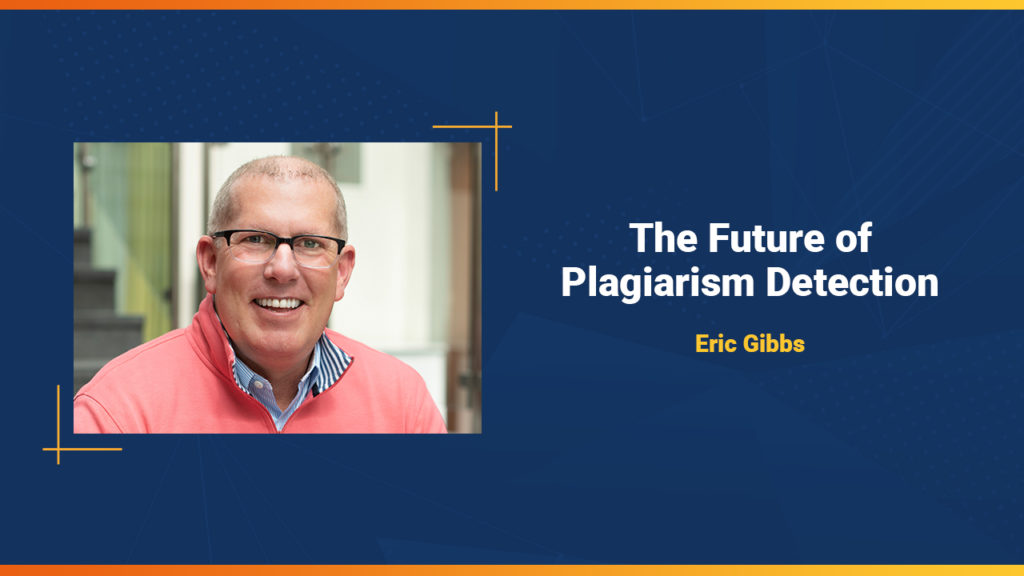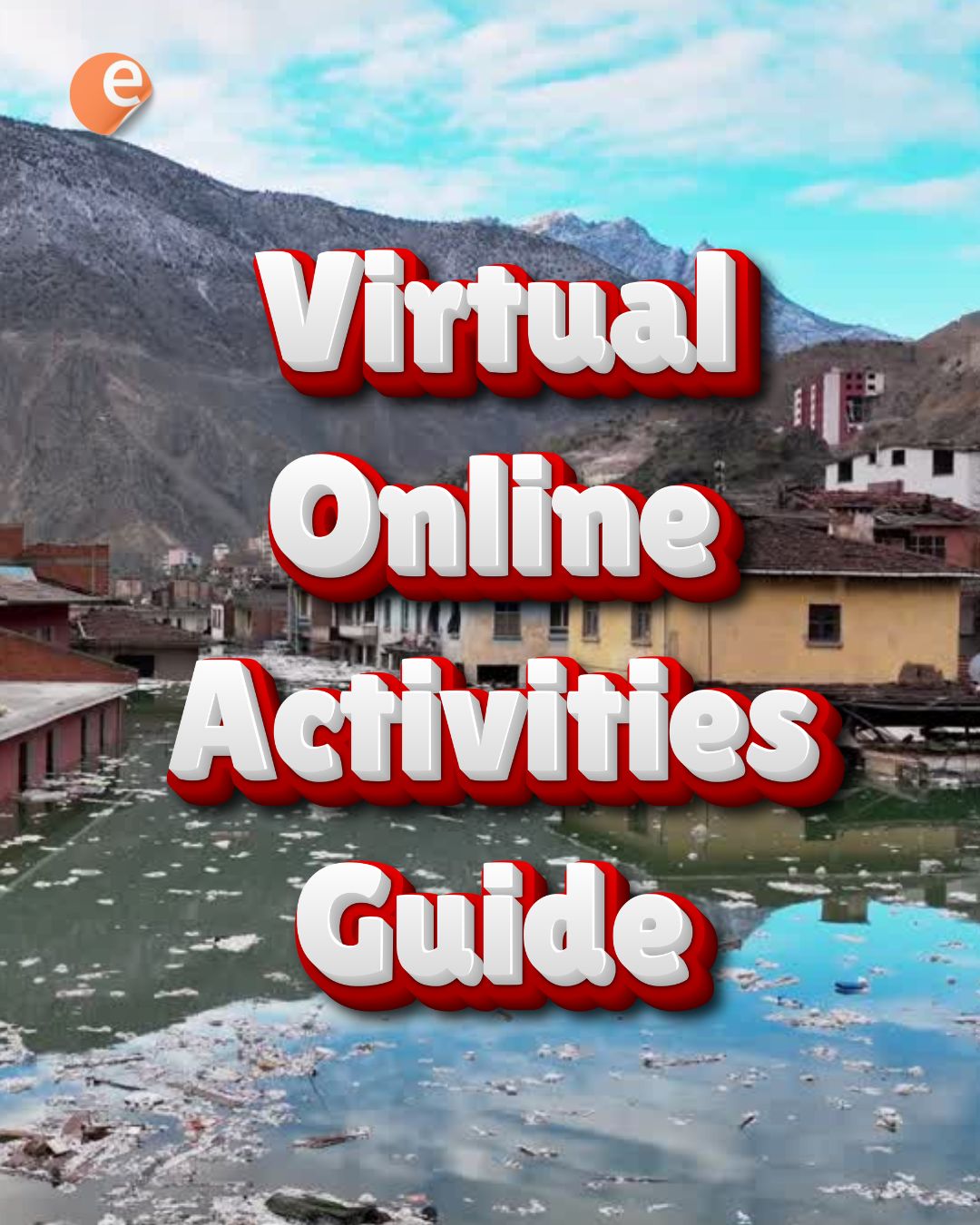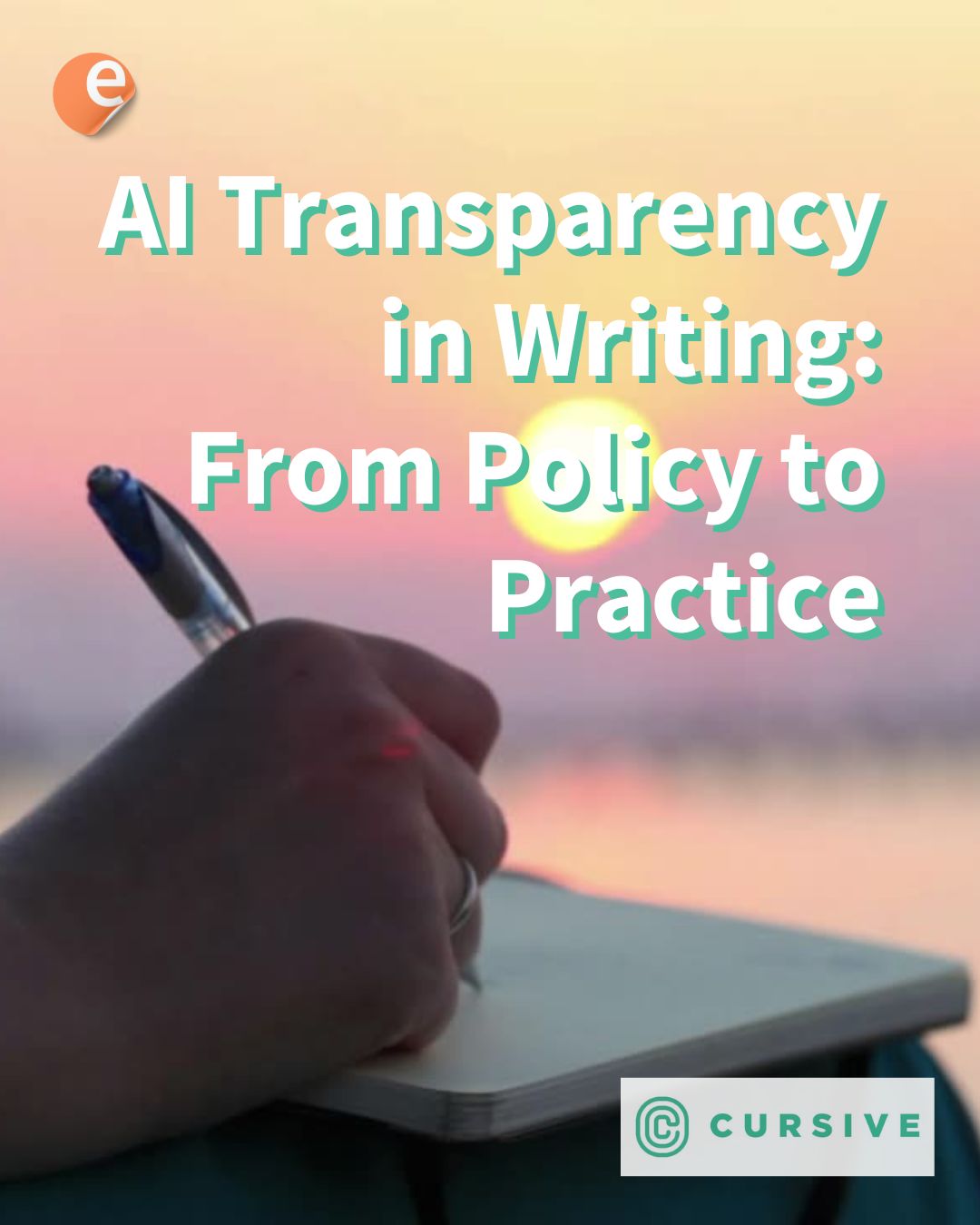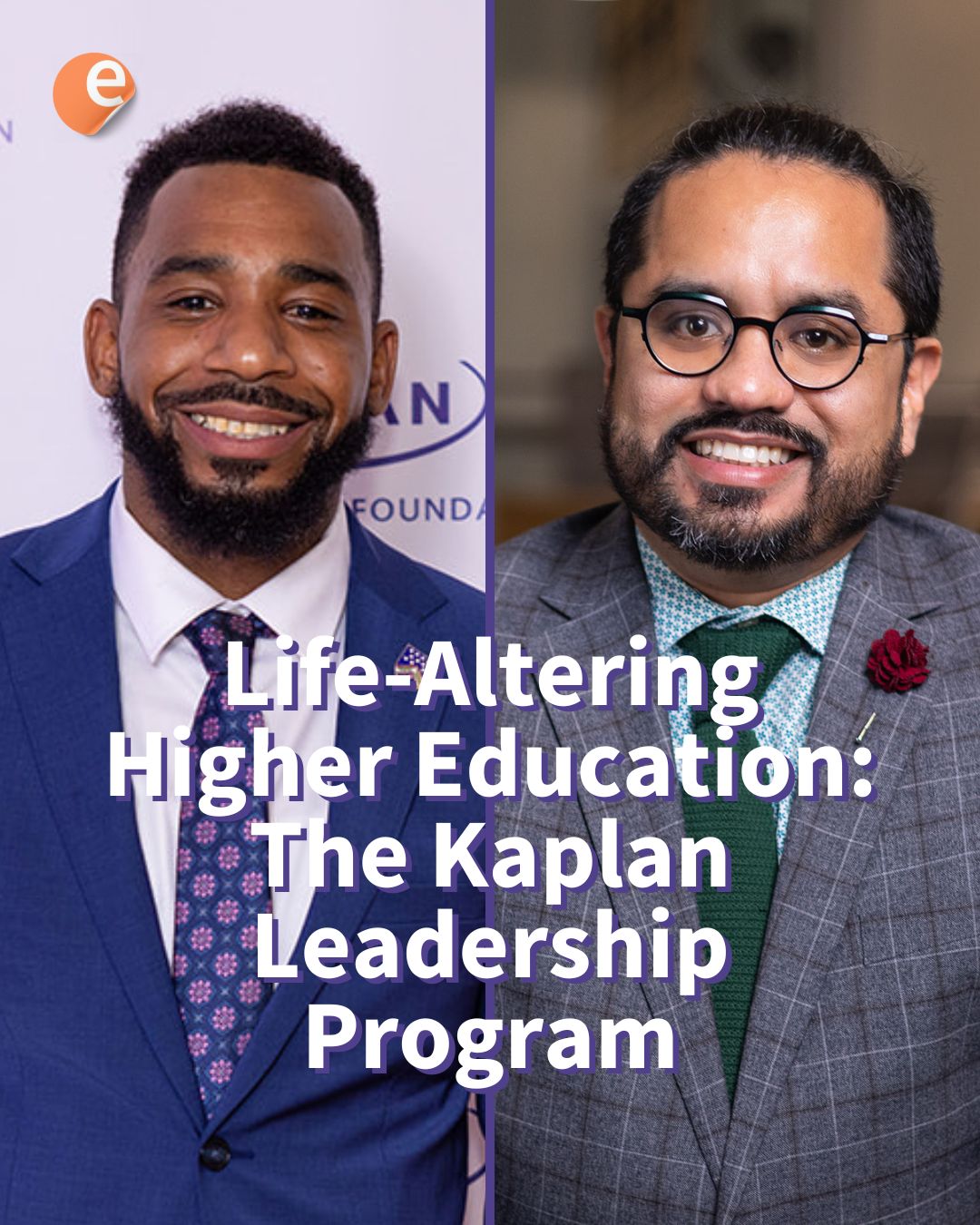On the eve of September 1st, 2020, Swedish anti-plagiarism EdTech company Urkund announced the acquisition of German counterpart PlagScan, to become Ouriginal. This would make the European company the second globally, behind American leader Turnitin, serving over 7,700 customers, mainly schools and universities but including a few corporations, in over 80 countries.
According to a press release, Urkung and PlagScan will continue to function independently through the rest of the year.
Given the often high stakes involved in academic achievement and the amount of effort required, coupled with the “opportunities” —or semblance thereof— provided by the information superhighway, economics dictate there will be a consistently human incentive to cheat. And lately, the essay mill business —which paradoxically, might benefit from anti-plagiarism technologies— has become a widespread threat to originality in academic environments.
A fast evolving market has made of plagiarism checking a highly competitive space, to the point that the term “plagiarism” has itself become a misnomer. While competition and growth commonly leads to mergers like Ouriginal, no debates on the merits of free markets in education is complete without a substantial chapter on the transparency, clarity and abundance of information to consumers (educational organizations and their leaders) and end users (teachers and students). A reality that could not be more poignant in the originality management space. Former Urkund was one of the most forthright in its functionality, practices and datasets, a practice Eric Gibbs, Ouriginal’s president for North America, expects to continue if not expand.
Advancing the right kind of conversations: Ouriginal’s Eric Gibbs at the eLearning Podcast
“Many students are not aware that by not writing assignments themselves, they are ultimately harming their education. They are losing out on chances in life through developing their own original way of thinking and writing.” So are the words of Andreas Ohlson, CEO of Ouriginal. The sentiment is shared by Eric Gibbs, former CEO of Urkund, now Ouriginal’s President for North America. Gibbs adds two notes, which highlight what are likely to be defining trends in the space:
- As an academic prerogative, and also a way to change a mistaken image to the public, Gibbs wants to stress the harms of presuming guilt on the part of the student at the time of implementing the technology in a course. Not only it is detrimental, it does not reflect a reality that instances of suspicion are generally a very small fraction of all student submissions.
- As an educational technology that empowers users and operates in conjunction with others, most commonly Learning Management Systems (LMS) —or with Ouriginal, productivity tools like Microsoft Teams also—, the way the digital interface frames its results or even how it highlights the specific parts of a submission could send decisive messages to the users.
- Finally, the ability of letting an “impartial” actor (the technology) apply the same verification process to all students, not only increases the productivity, but also its fairness.
Check out the full episode, to listen to Gibbs’ advice on making the most of the technology to promote better conversations about the value of originality.
The future of plagiarism detection: Eric Gibbs at the eLearning Success Summit
Learn more at ouriginal.com. Read a press release.









2 Responses